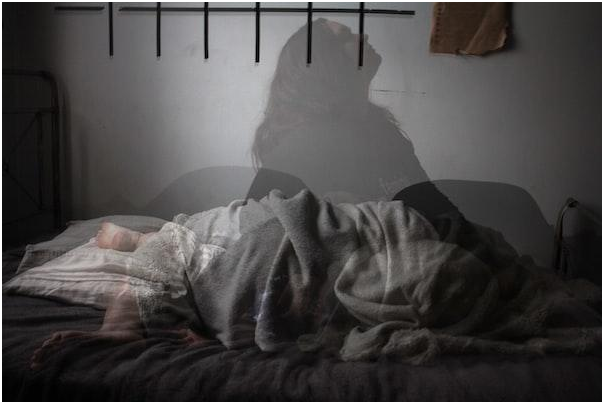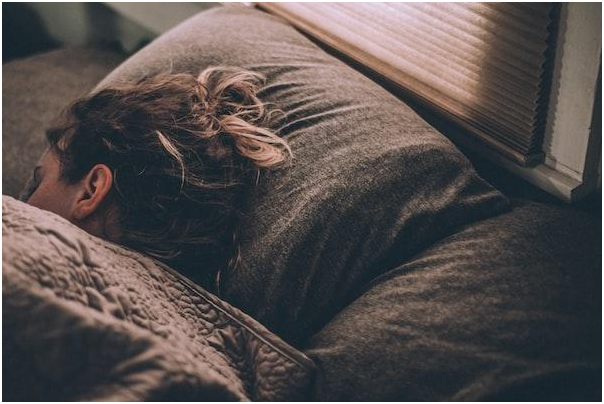Humidity is an important part of weather and climate. It is the amount of water vapor in the air and is usually expressed as a percentage of the maximum amount of water vapor that can be held in the air at a given temperature. Humidity is one of the factors that influence the weather and climate in a given area. But did you know that humidity can affect your sleep quality? And, what is the ideal humidity for sleeping? Keep reading to learn about how humidity can disrupt your sleep and what you can do about it.
How does humidity affect your sleep quality?
Humidity is the amount of water vapor in the air, and it can affect your sleep in several different ways. First, a humid environment can make it difficult to regulate your body temperature. When the air is too humid, it can feel stuffy and oppressive, making it harder to cool down and fall asleep. It can also cause you to sweat, which can make you uncomfortable and disrupt your sleep. On the other hand, if the air is too dry, it can make your throat and nasal passages dry, leading to congestion and difficulty breathing. Humidity can also affect your sleep quality by causing allergens such as dust mites and mold to thrive. These allergens can cause sneezing, coughing, and other symptoms that can disrupt your sleep. Additionally, high humidity can cause condensation on windows, leading to the growth of mold and mildew. This can further worsen allergies and lead to respiratory illnesses.
What is the ideal humidity level for sleeping?
In general, the ideal humidity level for sleeping should be between 40% and 60%. If the humidity level is too high, it can be difficult to get comfortable and sleep well. If the humidity level is too low, it can make you feel dehydrated and uncomfortable. To determine the humidity level in your bedroom, you can purchase a hygrometer, which is a device that measures the amount of moisture in the air. In addition to the ideal humidity level for sleeping, it is also important to maintain a comfortable temperature. A temperature that is too hot or too cold can lead to restlessness and difficulty sleeping. The ideal temperature for sleeping should be between 60 and 67 degrees Fahrenheit. This temperature range will ensure that you stay comfortable throughout the night and get a good night’s sleep.
How can you decrease the humidity levels in your home to improve your sleep?
One of the best ways to reduce humidity levels in your home is by using a dehumidifier. Dehumidifiers work by collecting excess moisture from the air and storing it in a tank or container. This reduces relative humidity levels in the home, creating a more comfortable sleeping environment. In addition to dehumidifiers, you can also use air conditioners to reduce humidity. Air conditioners cool the air, which helps to reduce moisture in the air and improve the air quality. Another good way to reduce humidity levels in your home is by increasing air circulation. Open windows and doors throughout the day to allow fresh air to circulate, and use fans to help move the air around. This helps to reduce moisture in the air and create a drier environment. Additionally, you can also use exhaust fans in bathrooms and kitchens to help reduce humidity levels in those areas.
Altogether, humidity plays an important role in the quality of our sleep. It can affect our comfort level, the accumulation of dust mites, the growth of mold and mildew, and the quality of the air we breathe. By controlling the humidity levels in our bedroom, we can create an environment that is both comfortable and conducive to a good night’s sleep.









